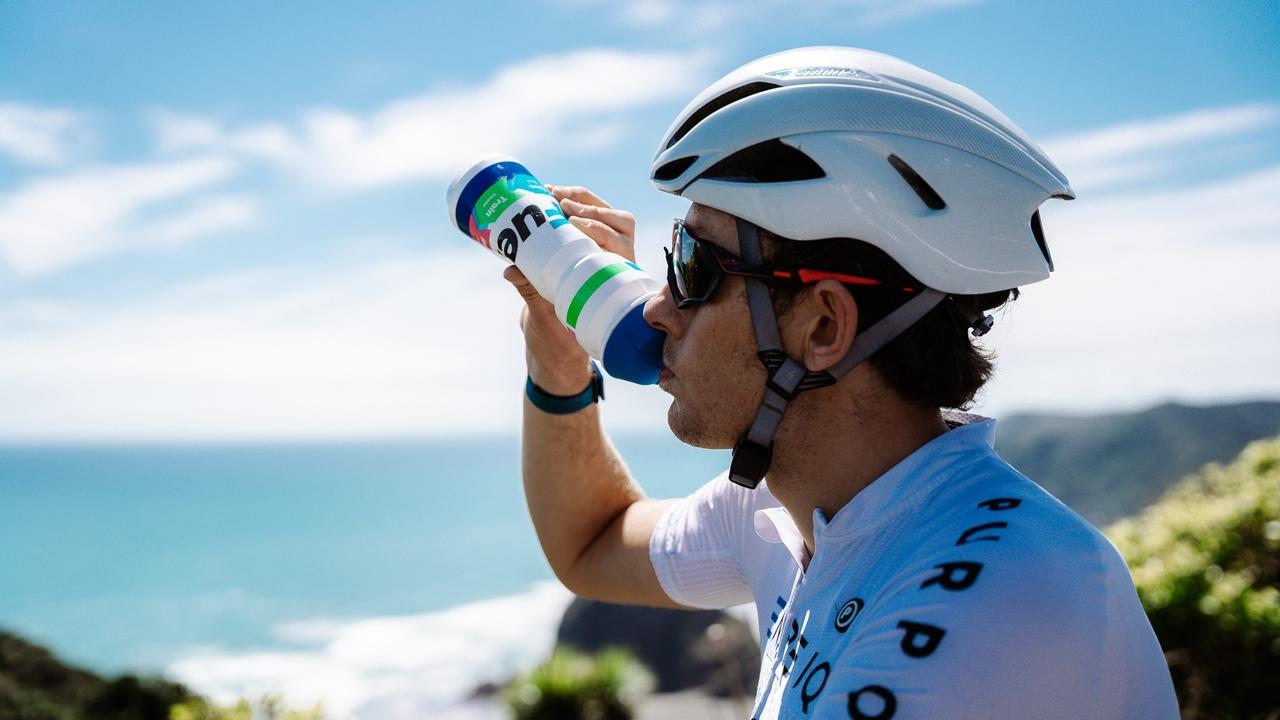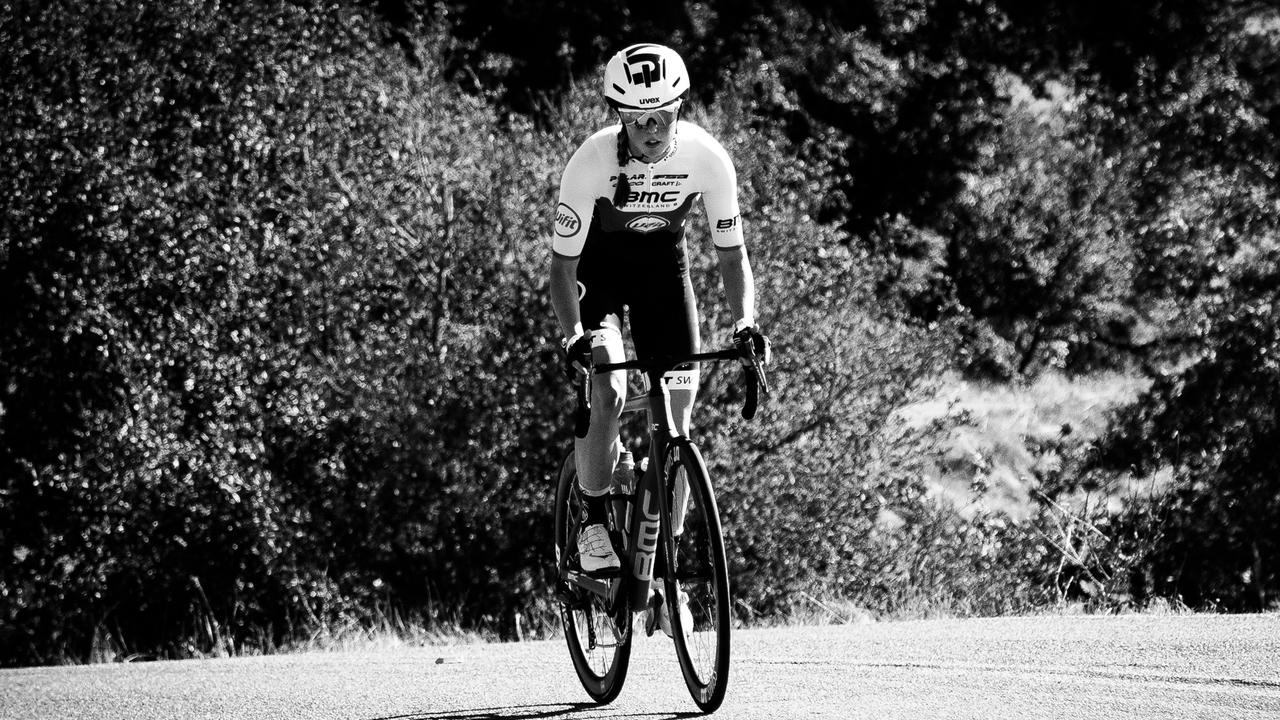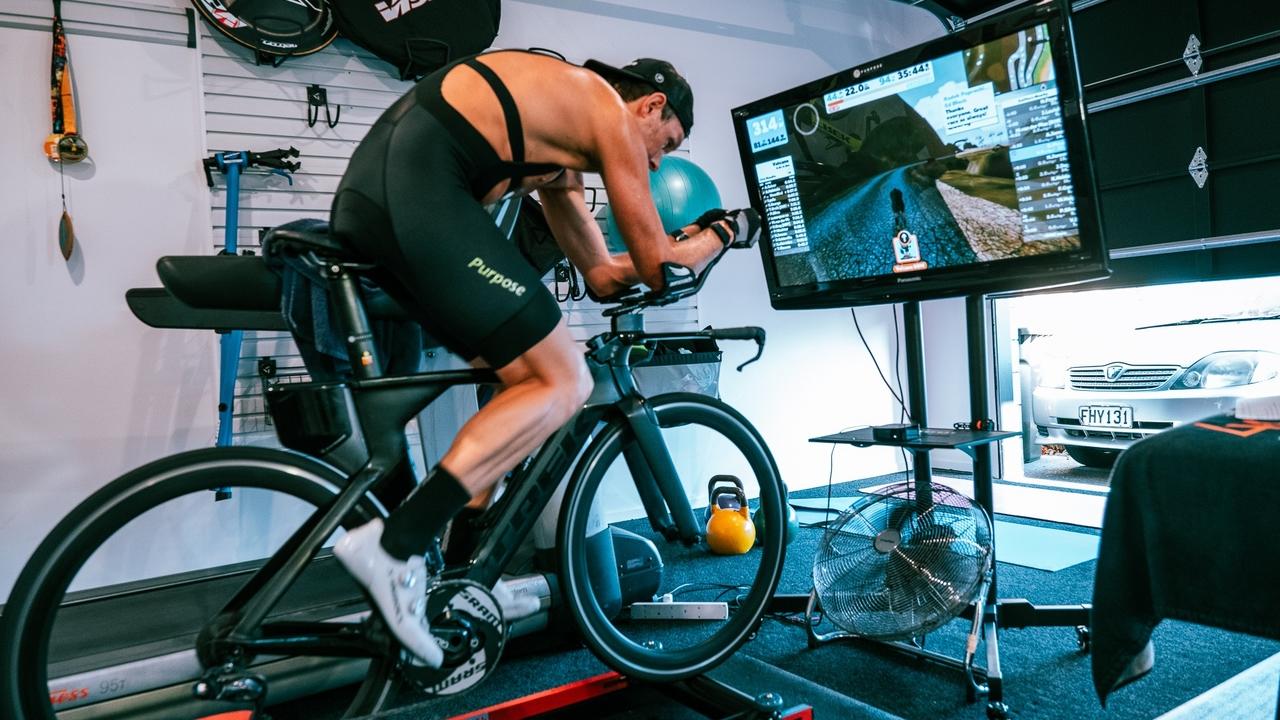Bicarbonate supplementation: A strategy to stimulate mitochondrial adaptation to training?

Dr Dan Plews and Ed Maunder
Scientists have investigated many different strategies that may up-regulate adaptations to endurance training. One thing that the majority of these strategies have in common – e.g. training with low-glycogen availability, under heat stress, or at altitude – is that they make training harder. With low-glycogen availability you have less carbohydrate energy available and may well feel flat; under heat stress the powers and paces you achieve at the various intensity thresholds decrease as you get hotter, and at altitude, it is more difficult to get the necessary oxygen to the working muscles due to the thin air. Therefore, any greater adaptive pay off comes at some cost
One strategy that may not come at this “makes it harder” cost that has seen some attention in the exercise physiology literature is bicarbonate supplementation during training. Many of you may be familiar with bicarbonate in an acute performance context; as an acid-base buffer, bicarbonate is ...
Keep your metabolic health thriving during periods of over-indulgence

As we enter the holiday season and festive period, I am reminded of a Journal of Physiology study published in 2013 by a group of researchers from the University of Bath in the U.K. (2). The results of this study have relevance to all of us at this time of year; whether we are training for an upcoming competition or event, or just for our health and wellness.
It is well-documented that brief periods of overfeeding - that is, consuming many more calories than we expend in our metabolism – can have negative consequences for our metabolic health. For instance, short periods of overfeeding, much as we might see over the holiday period, have been shown to impair insulin sensitivity (3) and have effects on things like adipose tissue gene expression (1). I don’t bring this up to scare you into boycotting Christmas dinner; relaxing and enjoying the holidays is a great opportunity to blow off a little of the steam that has built up in this most challenging of years. Whilst those competing at I...
Pre-exercise nutrition: What do we know and how should we use it?

-Dr Dan Plews
All endurance athletes eat, and all endurance athletes train. Whether consciously or not, all endurance athletes therefore have to make decisions about what they eat (or don’t eat) before training. Pre-exercise nutrition has the potential to impact the substrates we utilize to fuel training (i.e. fats and carbohydrates), our performance in training (i.e. the watts or pace we put out), and also our adaptive responses to the training stimulus (1, 2).
Pre-exercise nutrition is therefore a fascinating and highly relevant area of study in sports science. Recently, my PhD student Jeff Rothschild, AUT Professor Andrew Kilding and myself published a large review of the effects of pre-exercise nutrition on a range of metabolic and physiological responses in the open-access journal Nutrients (3). We pooled the results of 125 studies, which included data from 1245 athletes (~13% females) to assess the effects of pre-exercise carbohydrate (CHO) ingestion and pre-exercise muscle gly...
Interpreting Shifts in Blood Lactate Profiles

Dr Dan Plews & Ed Maunder
In this blog, we are going to provide a little detail for athletes and practitioners on how to interpret changes in blood lactate parameters and profiles derived from serial laboratory-based lactate threshold assessments. These assessments typically involve exercising initially at a very low workload, considerably below the aerobic threshold, with heart rate and blood lactate concentration recorded prior to an increase in workload every 3-4 minutes (although these ‘steps’ can be longer). These steps are repeated until exhaustion. Expired gases may be collected throughout, and these can provide insight into movement economy, substrate utilization, and maximum oxygen uptake (VO2max). The tests are typically performed for (i) training zone identification and (ii) monitoring adaptations to training.
Classic rightward and leftward shifts
Below we have a textbook rightward-shift in the blood lactate vs. power output curve, which we would interpret as indica...
Hill reps and overgearing: What does the science say?

Image by Rook Media
We’ve really been enjoying watching the return of road racing after the pandemic (or somewhat ‘after’), like we're sure many of you are too, and are particularly enjoying watching the athletes at Le Tour grinding up the Alps and Pyrenees in big gears and at massive power outputs. Hill reps are a common part of many endurance training programs, whether that be for running, cycling, or triathlon, and at Endure IQ we are big fans of riding up hills and doing specific overgearing work on the trainer in preparation for a long-distance triathlon (in fact, we dedicate a whole module to this type of training in our three disciplines in our online course LDT 102). We thought now was as good a time as any to review some of the key studies in this field, and whether the available research backs up this type of training prescription.
Specific strength training for endurance athletes
We call this type of work – whether it be riding or running up-hill, or riding on the...
Are Carbohydrate-hydrogels the next great product in sports nutrition?

- By Dr. Dan Plews & Ed Maunder
From time-to-time, there is a flurry of research interest into a new product in sports nutrition, as researchers seek to determine if they have discovered the next great ergogenic aid. Recently, that product seems to be carbohydrate-hydrogels (1, 2, 7, 8, 10). In this blog, we are going to review what is a growing literature on this product, and assess if hydrogels are something you should consider adding to your race-day bottle.
What is a hydrogel?
First things first, what is a hydrogel, and how does it work? A carbohydrate-hydrogel is a regular carbohydrate-containing sports drink, only with pectin and sodium alginate added. Pectin and sodium alginate have little effect until the drink reaches the high acidity of the stomach, where it forms a gel-like mixture. Supposedly, the gel-like mixture allows for faster pass through the stomach into the intestine – what is called ‘gastric emptying’ – and speeds the rate at which the ingested carbohydrate i...
Recovery from a Zwift race: A physiological perspective

Dr Dan Plews & Ed Maunder
We, as endurance athletes in the world of the COVID-19, indoor-training dominated world, are perhaps more than ever having to make day-to-day decisions on how and when we should train, and how and when we should race. Many of us have had our A and B races canceled this year, or have had to shift our training environment indoors, and, almost inevitably, onto Zwift. Zwift is an awesome tool for keeping us motivated and occupied from within the confines of our indoor pain caves, and Zwift racing is an exciting means of keeping those competitive juices flowing while the finish line in Kona seems further and further away.
Imagine an athlete setting up on their trainer for an after-work spin on a Friday. They have a swim and some intervals planned on the bike for Saturday, followed by a long endurance ride on Sunday and an 8-km run-off-the-bike. They see that there’s a Zwift race starting in 20 min they fancy having a crack at. Should they do it? How do they make...
Should I train my gut? Both sides of the coin on preserving endogenous carbohydrates

- Dan Plews and Ed Maunder
As we have mentioned in previous blogs, during ultra-endurance events lasting ~8-15 hours like long-distance triathlon, the preservation of endogenous carbohydrate (CHO) stores is one of the key determinants of success (25). As humans, we possess a finite capacity to store CHO energy as glycogen, typically <3000 kcal, of which ~80% is stored in muscle and ~10-15% in the liver (7). Assuming typical running economy values observed in highly-trained distance runners (1.07 kcal.kg-1.km-1) (6) and a body mass of 68 kg, these endogenous CHO stores would not be sufficient to support even one marathon alone (~3070 kcal), let alone a marathon following a 3.8-km swim and a 180-km bike ride. Accordingly, exercise of sufficient duration and intensity – such as an Ironman – will deplete these endogenous CHO energy stores to very low concentrations, and this glycogen depletion has been linked to the fatigue we feel in the late stages of a race (27–29).
Theref...
The Role of Myofascial Slings in Triathlon: Part 1 – Understanding Our Sling System

- Adam Storey, PhD
How “easily” we can perform a specific movement or task is a critical determinant of Long Distance Triathlon (LDT). For example, to run a 3-hour marathon (an excellent running time in an Ironman Distance Triathlon) the average pace is 4:16 min/km. There are many athletes who can run 4:16 for 1 km; the issue most athletes face is that they simply can’t do it easily enough to do it 42 times back-to-back. In their online course Endure IQ LDT 102: Training Program Fundamentals for Long Distance Triathlon, Dan and the team at Endure IQ go through the rationale regarding how, for LDT, it’s likely better to focus on “specific strength” rather than lifting heavy weights in the gym. However, gym-based exercises where the main focus is to improve movement efficiency are still likely to be very beneficial, and, moreover, can be completed is less than 20 minutes; a key consideration for the time-poor long distance triathlete! Endure IQ have already covered how plyome...
Exogenous ketones: Something to add to your recovery drink?

We all love a good "pain face" and we all know how much those high intensity interval sessions hurt! Such big sessions, require big recovery; and recovery optimization is always a key question for athletes, sports scientists and coaches looking for a performance advantage. With media reports circulating that many elite road cycling teams are investing huge sums of money in exogenous ketone supplements for their athletes (7), many of us in endurance sport – including the scientists – are asking if exogenous ketones are the next magic bullet in sports nutrition (4). We blogged about exogenous ketones recently, specifically using some of our own data and a recently published review (8) to survey the evidence for supplementing with exogenous ketones during a long-distance triathlon. In this blog, we are going to focus instead on the possible benefits of exogenous ketone supplementation for recovery.
Background
Before diving into specific original studies assessing the effect of ...
